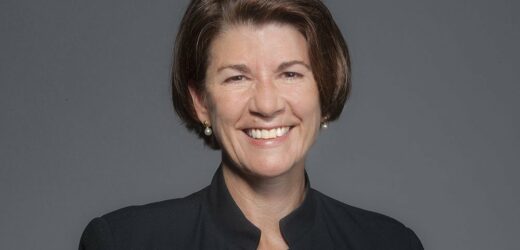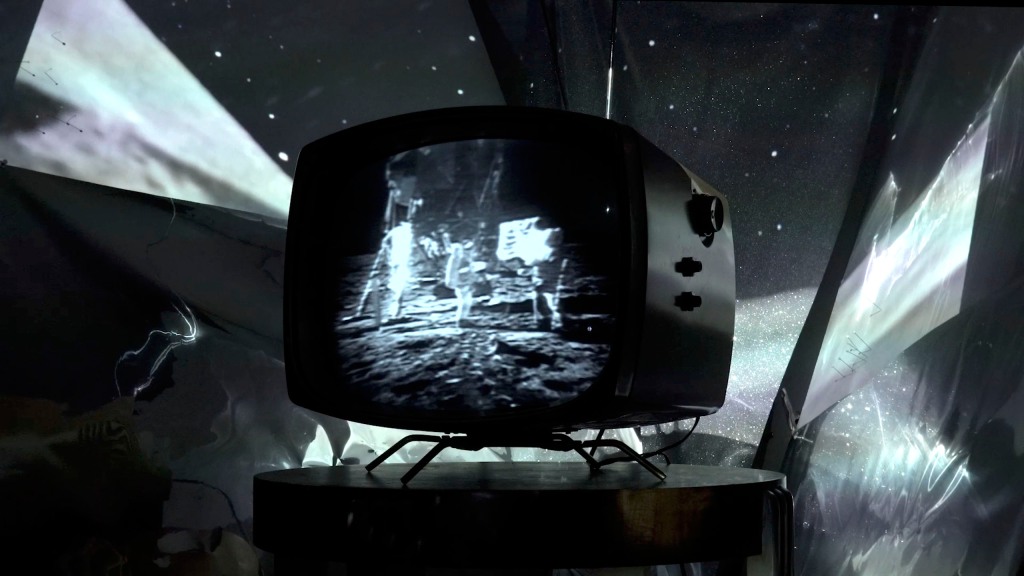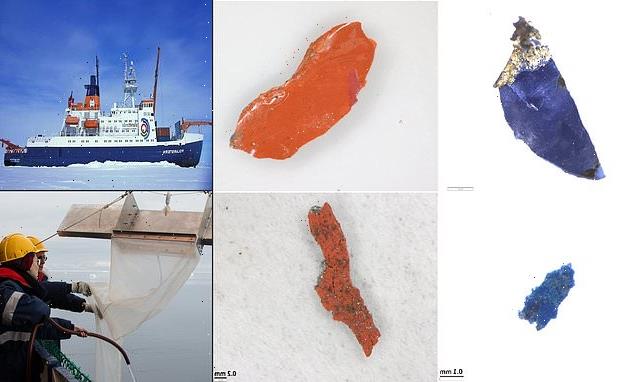Dear Amy: My husband and I (ages 55 and 62) have followed CDC guidelines throughout the pandemic: masking, social distancing, limiting time in stores, etc. We have kept very much to ourselves.
Only after being vaccinated did we return to socializing with other vaccinated couples, taking short trips, and enjoying occasional indoor dining.
My dilemma is this: I have an elderly unvaccinated family member who is complaining that I haven’t been to see them since last spring.
They, however, are regularly visiting with other unvaccinated family members. All of these family members have in fact had COVID.
On the one hand I do feel bad that I have not been to see them, but on the other hand I haven’t wanted to take unnecessary risks.
This person wants me to visit during the holiday, inside their very small apartment (it is too cold to get together outside), and without masks (the family member is very hearing impaired).
Because I am vaxxed and boostered, am I worrying too much — or being too stringent?
I’m also trying to sort through how upset I am at their refusal to get vaccinated, and how this plays into my feelings about visiting.
I welcome your thoughts.
— Struggling to Navigate
Dear Struggling: I don’t have the right — or the medical expertise — to assess your specific health risk regarding visiting with this family member under the circumstances you describe.
You seem confident in your own protection from the COVID-19 virus (and obviously, any emerging variants will affect your risk assessment and behavior).
If you don’t want to visit this elderly family member, you could explain to them that you won’t be visiting because they aren’t vaccinated, and you don’t want to risk exposing them to the virus. (If this person has actually had the illness, they would have reason to believe that they carry some immunity.)
Or you could tell them the truth: “I’m so upset with you for not getting vaccinated. I’m very disappointed, and it makes me not want to visit with you right now. This is a consequence of your choice, and I’m very sorry.”
Practice that a few times and see how it feels.
Dear Amy: I’ve known “Christopher” since 2008.
We dated for about a year, and broke up after a big fight, but we’ve stayed in touch on and off over the years.
Christopher is a retired, disabled veteran of the Iraq War.
After our breakup in 2009, he called me from a counseling session, to share with me that he had severe PTSD, and he shared the very traumatic event that contributed to his PTSD.
I was floored, and heartbroken.
At that time, I made the (horrible) decision to share that conversation with my mother and my sister.
I now realize that I had no business sharing that with anyone and have kept it private ever since.
Now, Christopher is planning to travel across the country with me to spend Christmas with my mother and sister.
Should I tell him that my mother and sister know what happened in the war?
I’m afraid that if I tell him that they know, he may decide not to come — or worse, that he may never want to be around them again.
He feels ashamed of this event, even though it was not his fault, and he handled himself like a true soldier.
— Betrayed his Trust
Dear Betrayed: You should tell “Christopher” the truth about your disclosure to these family members. You can tell him that you did so early on, when you were searching for support.
He has been extremely honest and vulnerable with you, and you should be brave enough to be honest with him now. You must also accept the confusion and consequences flowing from your honesty.
This is one of those “elephant in the room” situations, and it would be best for him to be prepared for it.
Dear Amy: Like so many others, I have fretted over not receiving any acknowledgment from grandchildren when giving their gifts.
This year I have decided to send a nice card, telling them how blessed I am to have them in our very special family and that their gift is a donation — in their name — to a local charity (and then name the charity).
This has been a “win-win” for me. I am no longer so disappointed about no “thank you.”
The charity receives a nice donation, and the grandchild knows that they are loved and remembered.
— A Happy Granny
Dear Happy: Yes!
(You can email Amy Dickinson at [email protected] or send a letter to Ask Amy, P.O. Box 194, Freeville, NY 13068. You can also follow her on Twitter @askingamy or Facebook.)
Subscribe to our weekly newsletter, In The Know, to get entertainment news sent straight to your inbox.
Source: Read Full Article


